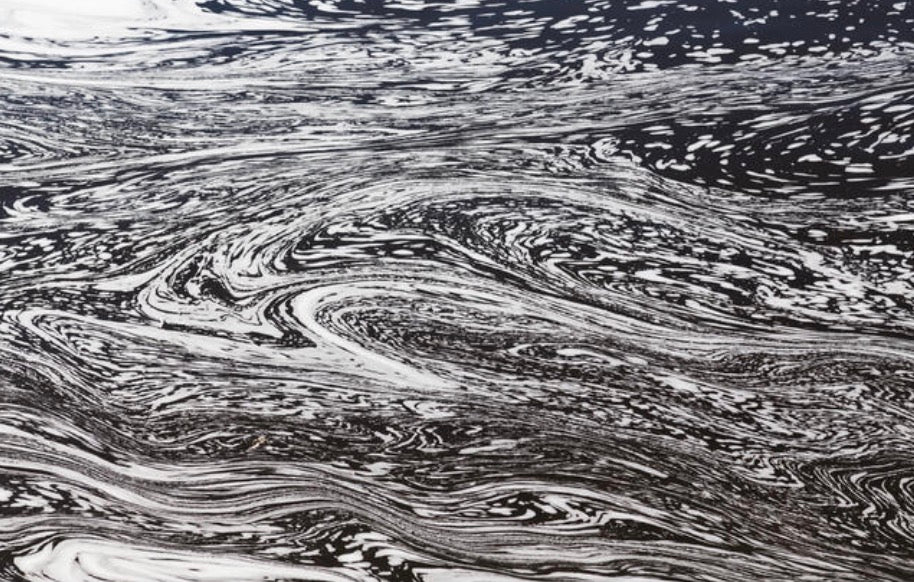
Why You Need a Water Filter After a Flood or Severe Weather Event
Share
Severe weather events, such as floods, storms, and hurricanes, can have devastating effects on water quality, making it crucial to filter your drinking water. Even if your water looks clear, hidden contaminants can pose serious health risks. Installing a water filter after a flood can protect your family from harmful bacteria, chemicals, and heavy metals that enter the water supply.
Australia is no stranger to extreme weather, with floods frequently affecting areas from Brisbane and Sydney to regional Queensland, Victoria, and New South Wales. When floodwaters infiltrate drinking water supplies, they can carry a dangerous mix of contaminants, including:
1. Bacteria and Viruses
Floods and heavy rains can overwhelm wastewater treatment plants and septic systems, allowing raw sewage to mix with drinking water sources. This introduces harmful pathogens like E. coli, Giardia, Cryptosporidium, and Norovirus, which can cause severe gastrointestinal illnesses.
2. Heavy Metals and Industrial Chemicals
Floodwaters wash over roads, farms, and industrial areas, picking up hazardous chemicals like pesticides, herbicides, lead, and mercury. Many of these toxins don’t have a taste or smell but can pose long-term health risks, including neurological damage and organ toxicity.
3. PFAS and Other Emerging Contaminants
Flooding can also disturb PFAS (per- and polyfluoroalkyl substances), commonly found in firefighting foams, industrial sites, and even household products. These chemicals are known as “forever chemicals” because they don’t break down easily and have been linked to cancer, immune system suppression, and reproductive issues.
4. Sediment and Debris
Even if the water is treated, post-flood conditions often result in increased turbidity (cloudiness) due to dirt, sand, and organic matter being swept into the water system. This can make disinfection less effective and provide a breeding ground for bacteria.
Why You Need a Water Filter After a Storm or Flood
A high-quality water filtration system is your best line of defence against post-flood contamination. Here’s why investing in a filter is essential:
1. Removes Harmful Contaminants
A certified water filter can remove up to 99.9% of bacteria, viruses, heavy metals, and chemicals, ensuring your drinking water is safe. Look for filters that specifically target:
✔ Bacteria and parasites (e.g., Giardia, Cryptosporidium)
✔ Heavy metals (e.g., lead, arsenic, mercury)
✔ Chlorine and disinfection byproducts
✔ PFAS and other industrial toxins
2. Better Than Boiling Alone
Boiling water can kill bacteria and viruses, but it won’t remove chemicals, heavy metals, or microplastics. A good filtration system ensures that all forms of contamination are addressed.
3. Improves Taste and Odour
Flood-affected water often has an unpleasant smell or taste due to chlorine, organic matter, or decayed vegetation. A carbon-based filter helps remove these impurities, providing cleaner, fresher-tasting water.
4. Reduces Dependency on Bottled Water
After a major storm, bottled water demand spikes, leading to shortages and plastic waste. A home water filtration system allows you to have clean, safe drinking water without relying on single-use plastic bottles.
5. Long-Term Protection
Extreme weather events are becoming more frequent in Australia due to climate change. Investing in a reliable water filter provides ongoing peace of mind, ensuring your family has access to safe drinking water year-round.
What Type of Water Filter Should You Choose?
If you’re looking for a water filter that effectively removes post-flood contaminants, consider the following options:
- Countertop Filters – Great for emergency use and require no plumbing or electricity. Choose a filter that best suits your biggest risk, wether that's PFAS or Bacteria there are standard filter options that target your main issue.
- Under-Sink Filters – Provide continuous filtration and remove a wide range of contaminants.
- Whole-House Filtration Systems – Best for homes affected by persistent water quality issues.
- PFAS-Specific Filters – Designed to remove toxic forever chemicals that may have entered your water supply.
For Australians in flood-prone areas, choosing a filter certified to remove bacteria, viruses, PFAS, and heavy metals is highly recommended.
